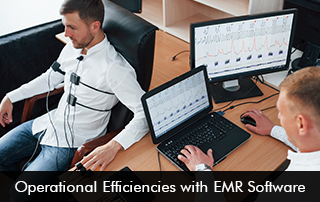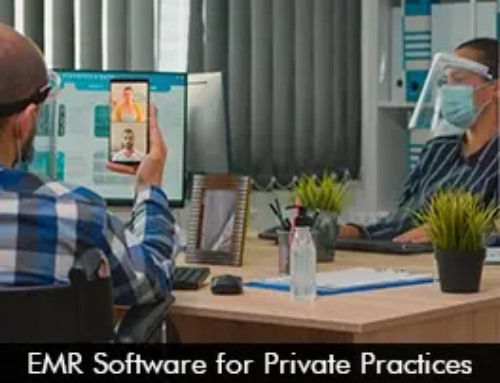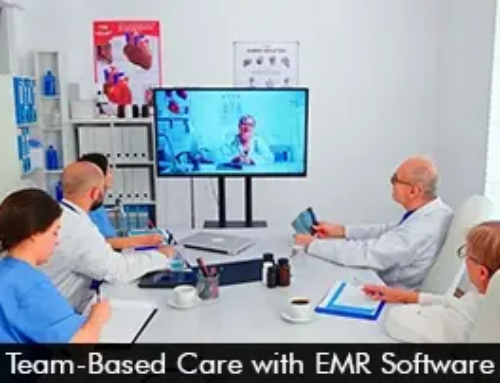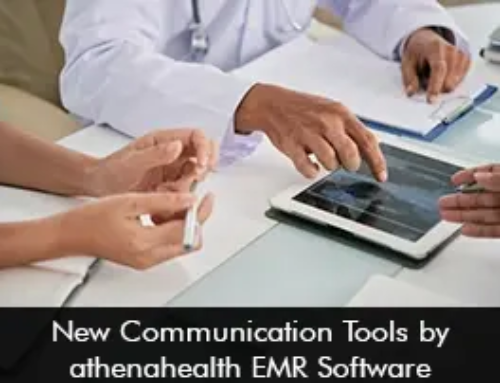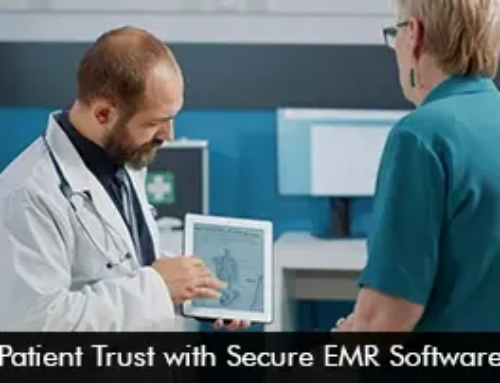Hospitals and medical institutions are under growing pressure to drive operational efficiency and patient care in the modern healthcare landscape. One of the most important pieces of technology in this revolution is Electronic Medical Record (EMR) Software. This means EHR systems make multiple hospital activities time efficient by reducing arduous manual processes, halting errors, and improving interdepartmental communication.
Hospital Work Enumeration with the help of EMR Software
Patient Documentation and Record-Keeping
Initially, patient records used to be only in paper format causing misfiling, delays, and challenges in retrieving patient records. EMR software deeply removes this concern by Making all Patient Records (digitized) and real-time accessible. This allows physicians and nurses to review the patient’s medical history, treatment plans, and test results quickly rather than spending hours searching for information.
Order Management and Prescription Handling
Electronic Health Records (EHR) software makes it easier to order lab tests, imaging, and medications. Healthcare providers can place orders directly in this system, which then auto-routes them to the relevant department. This update reduces errors and guarantees the orders are dispatched quickly, improving overall patient care. There is less risk of prescription errors as hand-written prescriptions are eliminated. Studies have revealed that 20% of hand-written prescriptions have at least one error.
Scheduling and Appointments
The EMR system comes with built-in scheduling tools which help healthcare professionals to handle patient appointments effectively. Automated appointment reminders ensure your patients are prepared for appointments, reducing no-shows and improving patient flow. When this happens, it can increase the efficiency of hospital resources (staff, equipment) to avoid bottlenecks as there is less and inappropriate demand coming in.
Billing and Insurance Claims Processing
Another major task that the EHR software makes easier is managing billing and insurance claims. The software can automatically produce bills according to services rendered and guarantee that insurance claims are submitted with up-to-date information, reducing payment time and disputes.
Benefits Reaped from Operational Efficiency with EMR Software
- Time Savings – Tedious and manual tasks are automated and streamlined giving more time for staff members to concentrate on patient care and services.
- Reduction in Errors – Manual data entry tasks are eliminated reducing errors and improving overall accuracy.
- Better Communication and collaboration – The interoperability options in electronic health records software facilitate seamless data sharing and communication for enhanced care coordination.
- Improved Resource Utilization – Staff usage is optimized when scheduling and billing tasks are automated with EMR Systems.


